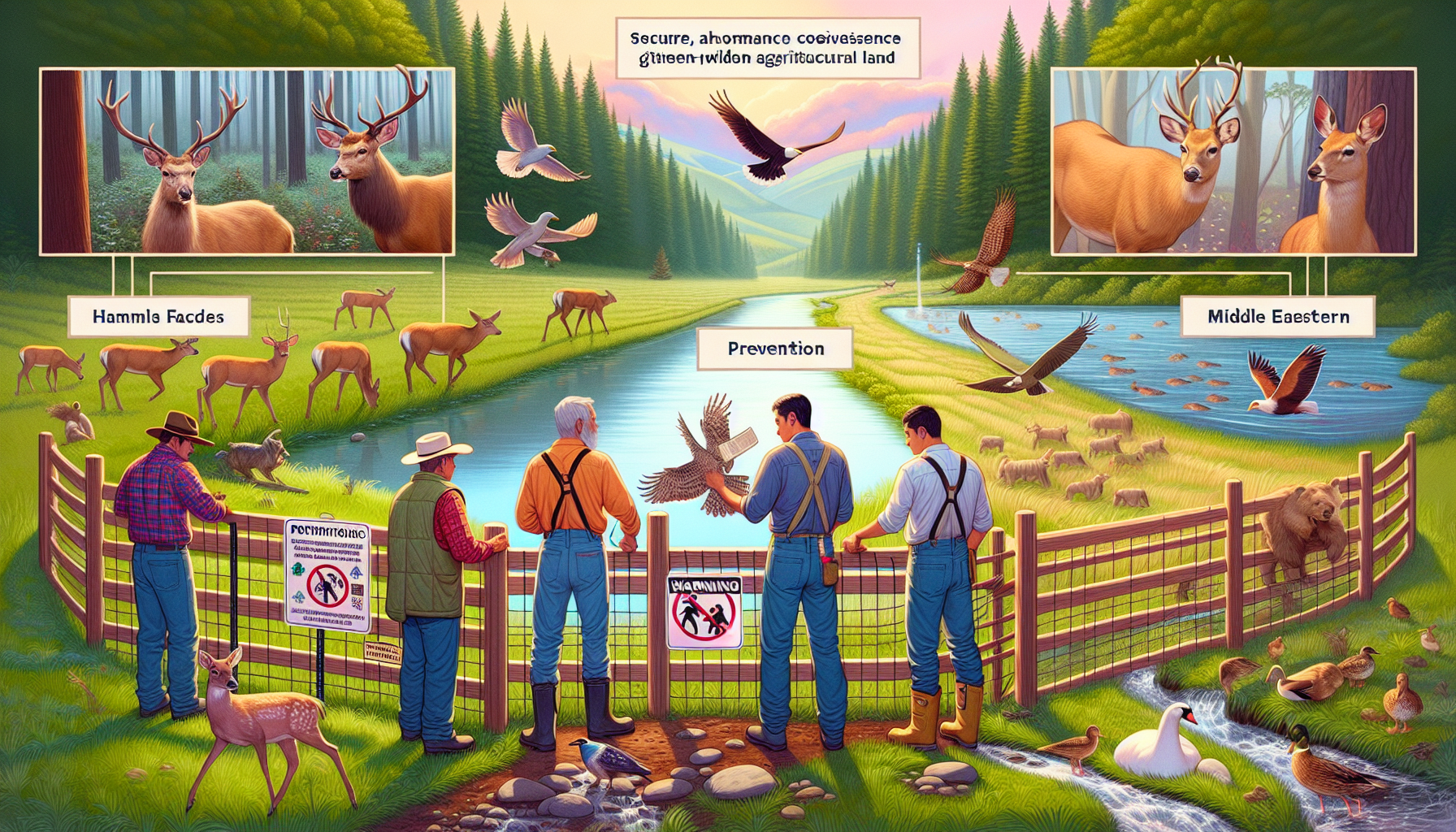- Empty cart.
- Continue Shopping
Preventing Human-Animal Conflicts by Addressing Human Errors – Pitbull abandonment

Pitbull abandonment –
Preventing Human-Animal Conflicts by Addressing Human Errors
As urban areas continue to expand, human-animal conflicts have become a pressing issue, highlighted by an alarming incident on Mahim Beach. The abandonment of a pitbull dog has once again brought to light the dangers associated with such irresponsible actions. Understanding the complexities of pitbull abandonment and implementing effective strategies to mitigate these issues are essential for ensuring public safety and animal welfare.
Understanding the Issue of Pitbull Abandonment
Abandoning pets, particularly breeds like pitbulls, poses significant risks not only to the animals but also to the community as a whole. Pitbulls, known for their strength and agility, require responsible handling and care. When left to fend for themselves, these dogs can become both victims and causes of conflict.
Factors contributing to pitbull abandonment include:
- Lack of understanding about the breed’s needs.
- Sudden changes in the owner’s living situation.
- Misperceptions fueled by media portrayals.
- Weak enforcement of pet ownership laws.
The Impact of Abandoning Pitbulls
On Animals
Abandoning pitbulls can lead to dire consequences for the animals:
- Increased risk of starvation and disease.
- Greater exposure to traffic accidents.
- Potential aggressive behavior due to fear or mistreatment.
- Lack of necessary socialization with other animals and humans.
On Society
The societal impact of leaving a pitbull unattended includes:
- Heightened risk of attacks on bystanders.
- Burden on animal shelters and rescue organizations.
- Potential for creating negative perceptions about the breed.
- Legal and financial consequences for the original owner.
Legal and Ethical Aspects of Pet Abandonment
Understanding Legalities
Abandoning a pet, including pitbulls, is not only unethical but illegal in most jurisdictions. Laws are designed to protect animals from neglect and abuse while maintaining public safety. However, weak law enforcement exacerbates the problem.
Key legal points include:
- Fines and penalties for abandoning a pet.
- Legal obligations of pet owners for humane treatment.
- Rescue organizations’ responsibilities in reporting abandonment cases.
Ethical Considerations
Beyond legal implications, there are ethical responsibilities towards animals as conscious beings. Humane societies advocate for responsible ownership, emphasizing the need for informed decisions before acquiring a pet.
Strategies for Preventing Dog Abandonment
Education and Awareness
Educating the public about the demands of pet ownership, especially for breeds like pitbulls, is vital. Campaigns can focus on:
- Promoting positive breed characteristics.
- Highlighting real cases of successfully rehabilitated dogs.
- Stress management and behavioral training for potential owners.
Resource Availability
Increasing access to resources can help mitigate the likelihood of abandonment:
- Affordable veterinary care and spay/neuter programs.
- Accessible training classes for owners and their dogs.
- Programs that help match owners with suitable breeds.
Strengthening Laws and Regulations
Improving legal frameworks can deter abandonment:
- Stronger penalties for abandonment offenses.
- Mandatory microchipping and registration of pets.
- Comprehensive screening processes for adopters.
Community Engagement and Support
Role of Animal Welfare Organizations
Animal welfare groups play a pivotal role in addressing pitbull abandonment:
- Rescue operations to rehabilitate abandoned dogs.
- Providing shelters and foster homes to displaced animals.
- Organizing adoption events and awareness drives.
Volunteer Involvement
Communities can engage in prevention efforts by:
- Fostering dogs temporarily to ease shelter load.
- Participating in educational seminars and local advocacy.
- Helping to spread awareness through social media platforms.
Public-Private Partnerships
Collaborations between governments, businesses, and NGOs can lead to innovative solutions:
- Creating pet-friendly policies in housing and workplaces.
- Offering tax incentives for individuals adopting pets from shelters.
- Developing community-centric safety and care solutions.
Case Studies and Success Stories
Effective Community Programs
Highlighting communities that have successfully tackled abandonment:
- Results of intensive local advocacy efforts.
- Reports on the impact of mandatory training registrations.
- Statistics showing decreased abandonment rates following program implementation.
Individual Accounts of Rehabilitation
Stories of rehabilitated pitbulls that found loving homes serve as inspiration:
- Overcoming aggressive behavior with the right training.
- Adjusting to new families and proving amazing loyalty and companionship.
Conclusion: A Call to Collective Action
Ensuring the safety of communities and the welfare of animals requires collective action. By addressing the root causes of pitbull abandonment and implementing informed strategies, we can pave the way for a harmonious coexistence that benefits both humans and animals alike. Each of us can play a part in this mission by embracing responsible pet ownership, advocating for stronger regulations, and supporting initiatives that promote animal welfare.
“`
Unleash Incredible Savings on Pet Accessories on Amazon!
Watch funny and cute dog videos!
Disclaimer: This article was generated with the assistance of AI technology. All images featured on this website are either sourced from free-to-use platforms, created by us, generated with the assistance of AI technology or used with permission. If you believe an image on this site violates copyright or your rights, please contact us, and we will address the issue promptly.

















